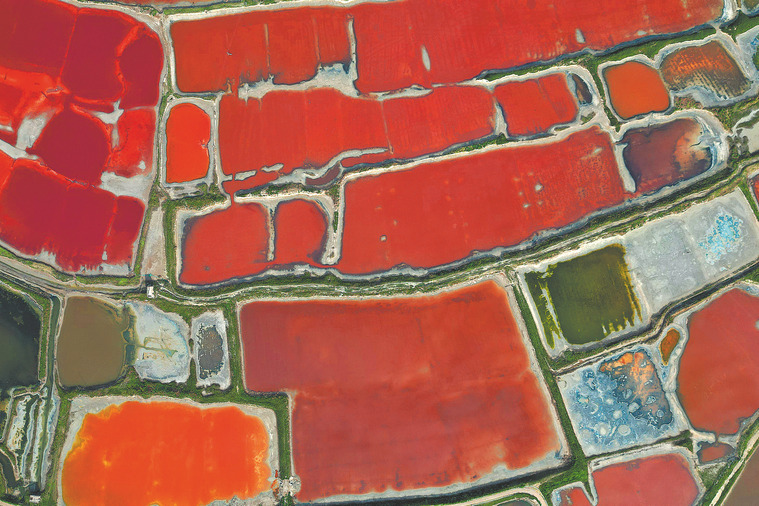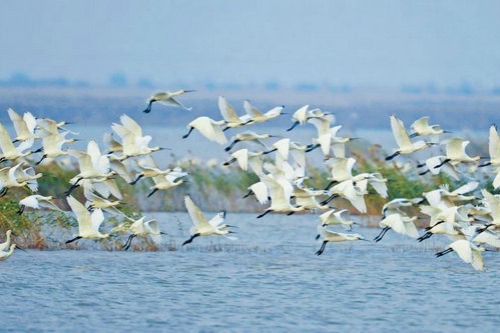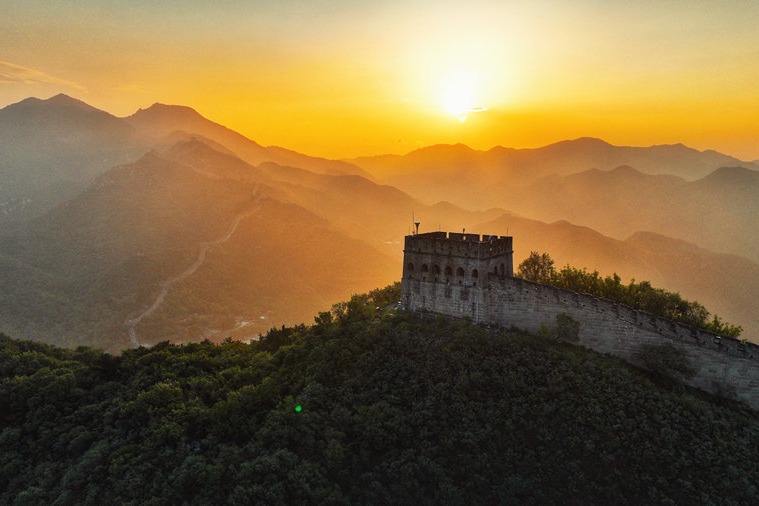China owns most world natural heritage sites as Mount Fanjingshan enlisted

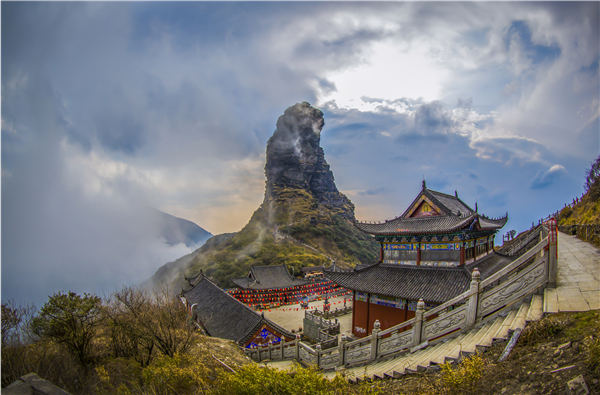
Mount Fanjingshan, a natural habitat for a number of rare plants and animal species situated in China's southwestern province of Guizhou, has joined 12 other natural sites in China to become a world natural heritage.
The decision was made Monday based on the consensus of the member states of the UNESCO 42nd World Heritage Committee during its meeting in Manama, the capital of Bahrain.
The new inscription has made China the country with the most natural heritage sites around the world. The province of Guizhou now become home to natural heritage sites including the Libo Karst, Shibing Karst, China Danxia and Mount Fanjingshan.
"The inclusion of Mount Fanjingshan on the World Heritage List showcased to the world the natural beauty of China," said Qin Changwei, secretary-general of China's National Commission for UNESCO.
It is an international acknowledgment of the achievement China has made in protecting ecological environment and biological diversity, he said.
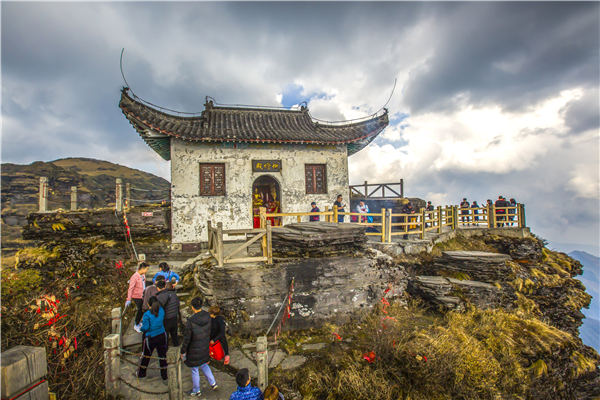
In the technical evaluation report by the International Union for Conservation of Nature (IUCN) published in May, it argued that Mount Fanjingshan has proved its aesthetic value as a natural heritage site, achieving the criteria of world natural heritage, which requires the nominated sites to demonstrate outstanding biological diversity and integrity.
However, the report recommended that the nomination be referred back to China until its several concerns about the case are fully addressed.
The IUCN requested China to answer its questions concerning the proper relocation of residents living around Mount Fanjingshan, the management of increasing visitation to the site after its possible inscription, and the overlapping of its regulatory bodies.
"We have convinced the IUCN on our plans to manage the increasing flow of visitors, should Mount Fanjingshan entered the list of world heritage," said Liu Yuan, an official at China's Forestry and Grassland Administration.
















